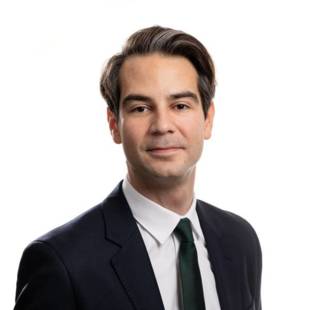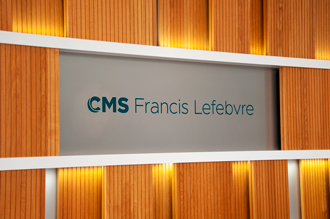
The French Intellectual Property Code (IPC) provides, under certain conditions, for an automatic vesting in the employer of intellectual property rights on inventions and software of employees and public servants.
Ordinance no. 2021-1658 of December 15, 2021 created a similar regime for contributors “hosted by a legal person” who are not employees or public officials (IPC, art. L.113-9-1 and L.611-7-1). Before this reform, no specific legal mechanism governed the devolution of the rights to the contributions of these non-employees, which could be a source of legal uncertainty.
Concerned individuals - Individuals who are hosted by a company or a public law organization within the framework of an “agreement”, who are not employees or public servants and who participate in a research activity, are concerned by the new system. “Interns, foreign doctoral students and professors or directors emeritus” are notably targeted, according to the ordinance’s report. As far as the host structure is concerned, the text applies to any type of individual under private or public law “carrying out research”. According to a literal interpretation of the text, the notion of research can be understood broadly. It would include scientific and academic research as well as technical research.
It is surprising to consider that the system only targets the situation of the non-employee collaborator in a binary working relationship with the host structure, even though a third entity (a university, for example) is generally involved in this relationship.
Conditions of application - Concerning the software, the patrimonial rights of the non-employees concerning the computer code and all the associated preparatory documentation, are automatically vested in the host structure, if:
- they were created “in the exercise of their missions” or “according to the instructions of the host structure” (IPC, art. L. 113-9-1);
- these persons receive “consideration” from the host structure and are placed under the authority of a manager of the host structure.
For patentable inventions, as for employees' inventions, the ordinance distinguishes between inventions made in the scope of a mission and those made outside the scope of a mission (attributable or not). Thus, the vesting in the benefit of the employer takes place when the inventor intervenes within the framework of either an “inventive mission corresponding to his effective missions”, or on the occasion of “studies and researches which are explicitly entrusted to him”. The inventor will then be entitled to a “financial compensation” under conditions that will be defined by decree (IPC, art. L. 611-7-1, 1°). The host structure may also be granted ownership of the employee's invention if it is “made:
- Either in the execution of its missions and activities;
- Either in the field of activities entrusted by this legal entity;
- Either through the knowledge or use of techniques or means specific to that legal entity, or of data provided by it”.
The inventor can then obtain a “fair price”. (IPC, art. L. 611-7-1, 2°).
The parties each have information obligations in order to enable the classification of the invention at stake.
In the event of disagreement, the text provides for a system of dispute settlement inspired by the existing system applicable to employees, namely, for software, the dispute will fall within the jurisdiction of the judicial court of the head office of the host structure. For inventions, the non-employee inventor may file a claim before the joint conciliation commission or before the judicial court.
In conclusion, companies and other research organizations should welcome this alignment of the rules for the devolution of the rights of non-employees with those applicable to employees and public servants. The new mechanism should indeed make it possible to remove certain uncertainties and to strengthen the rights of companies. However, caution is still required, in particular when drafting clauses relating to intellectual property, as the text does not answer all the questions raised by this type of situation and the implementing decree must still complete the system.
Technologie, Media et Communication dans notre cabinet d’avocats :
Si les avancées technologiques constituent de formidables opportunités, elles sont également un vecteur de risques pour les entreprises. Dans cet environnement évolutif, notre cabinet d’avocats met à votre disposition sa fine compréhension des nouvelles technologies, son expertise reconnue en matière de propriété intellectuelle ainsi que sa parfaite maîtrise du droit des contrats.










